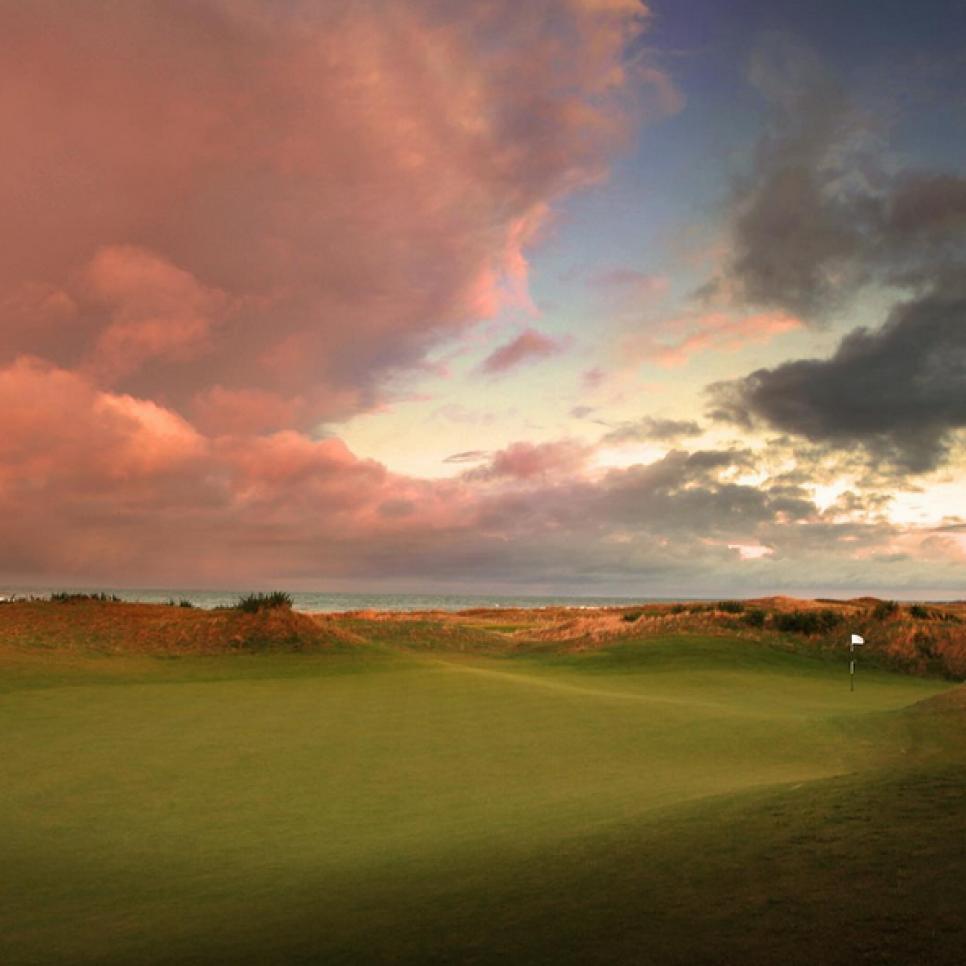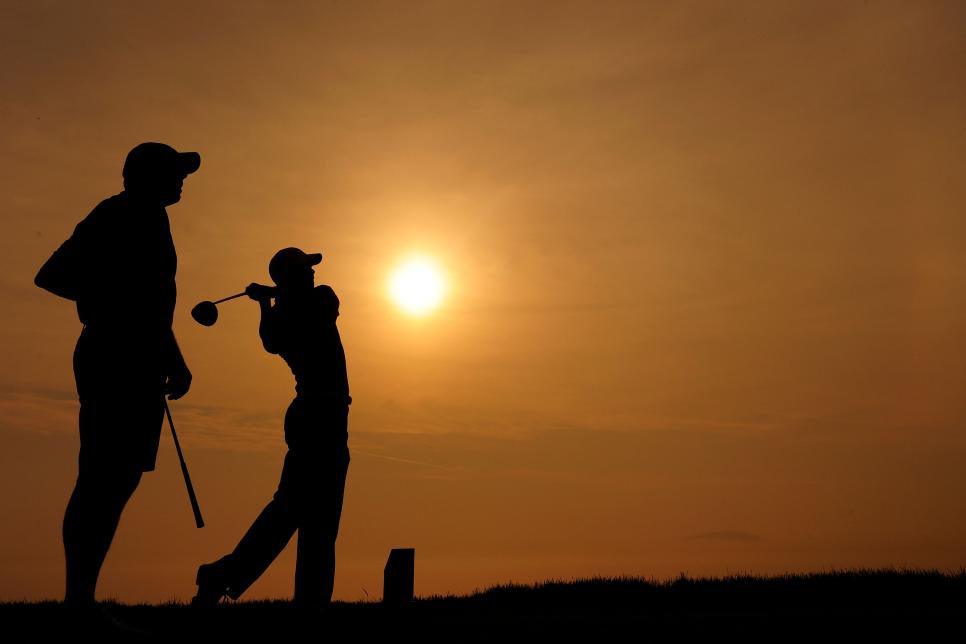When you were a kid, you might have been told the spring and autumn rituals of adjusting your clock had something to do with farming. Yeah, that's not true. In fact, daylight saving time has less to do with tending to crops and more to do with practicing three-footers. Seriously.
As you probably know, daylight saving time, which in most of the country commenced on March 13, does not involve the magical creation of an extra hour of daylight, but instead shifts an hour of daylight from the early morning hours to the evening. The rationale is that hour of daylight is better utilized at the end of the work day than at the beginning. This is why certain entities, like groups representing gas stations and convenience stores, have lobbied for daylight saving time to start earlier in the year. The more daylight, the more people are willing to venture outside their homes, the more they need to refuel their cars.
This is where golf comes into play.

According to Michael Downing, a professor at Tufts University and the author of "Spring Forward: The Annual Madness Of Daylight Saving Time," the golf industry once estimated the game would increase revenue by $400 million if daylight saving began a month earlier. Those figures were part of a 1986 lobbying effort asking Congress to extend daylight saving from six to seven months, which ended up becoming the norm.
"The reason it's good for golf is because it creates more daylight when people are likely to play," said Steve Mona, CEO of the World Golf Foundation. "It could be going out to play nine holes or even just spending 30 minutes on the putting green. We believe any activity is good whether it leads to increased revenue or increased engagement in the game."
Mona says the golf industry no longer needs to actively lobby on behalf of daylight saving, and instead just monitors the occasional debate from afar. And to be clear, the concept is not universally embraced.
Studies have suggested that energy usage, one of the original factors behind daylight saving, does not decrease much because of daylight saving. Yes, people use their lights less in the evening hours, but it also means they might increase air conditioner use. And there are even health concerns from the inevitable sleep deprivation that accompanies moving clocks ahead an hour: the New England Journal of Medicine published a report in 2008 that said heart attack risk rose in Sweden following the spring time change.
So it's not a simple issue. Then again, if you're driving home from work this evening and notice you could still squeeze in a couple of holes, you probably aren't complaining.
